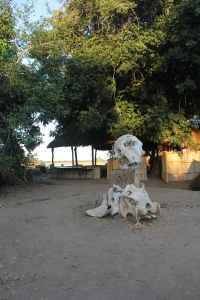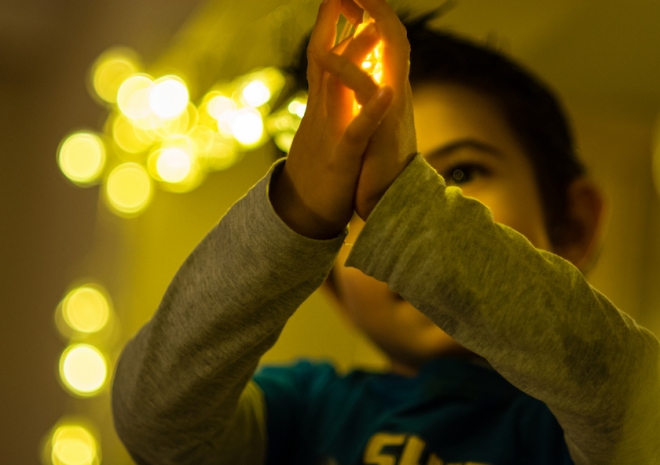 My partner and I just returned from a month in Zambia. We went there to track lions on foot. This was our second time in Africa, an amazing experience. We spent most of our time in remote bush camps in North Luangwa and Kafue National Parks. We slept in bamboo huts and listened to the big cats calling in the dark. We tracked a pride of lions from a buffalo kill through pathless wilderness, encountering them unexpectedly and holding our breath as they sprang roaring through the trees. At one point, we were charged by a bull hippo and ran for our lives, saved by a warning shot from Justin, our scout, who stood his ground. We spent our nights about campfires in the bush, sipping whiskey from tin cups and feeling the thrum of nature about us.
My partner and I just returned from a month in Zambia. We went there to track lions on foot. This was our second time in Africa, an amazing experience. We spent most of our time in remote bush camps in North Luangwa and Kafue National Parks. We slept in bamboo huts and listened to the big cats calling in the dark. We tracked a pride of lions from a buffalo kill through pathless wilderness, encountering them unexpectedly and holding our breath as they sprang roaring through the trees. At one point, we were charged by a bull hippo and ran for our lives, saved by a warning shot from Justin, our scout, who stood his ground. We spent our nights about campfires in the bush, sipping whiskey from tin cups and feeling the thrum of nature about us.
I don’t believe I’ve ever felt more present and alive than when walking with small groups of people in the African wilderness. The experience is at once magnificently beautiful and incredibly edgy. At one moment you might be feeling isolated, peaceful, and relaxed. The next moment you encounter a pride of lions, some elephants, or a herd of buffalo and the situation changes. Under these circumstances, people work instinctively as a team. I learned five lessons about teamwork from my experience tracking lions in Zambia that cast light on what is required for the best team-based collaboration. [Read more…]









